Sheila Levine Is Dead and Living in New York
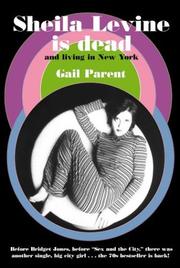 Sheila Levine Is Dead and Living in New York by Gail Parent (1972). Perhaps the funniest suicide note ever written, this novel is the last goodbye of a single New York woman. When Shelia Levine hits thirty she decides it’s time to tie the knot.
Sheila Levine Is Dead and Living in New York by Gail Parent (1972). Perhaps the funniest suicide note ever written, this novel is the last goodbye of a single New York woman. When Shelia Levine hits thirty she decides it’s time to tie the knot.
 Ship of Fools
Ship of Fools Silence
Silence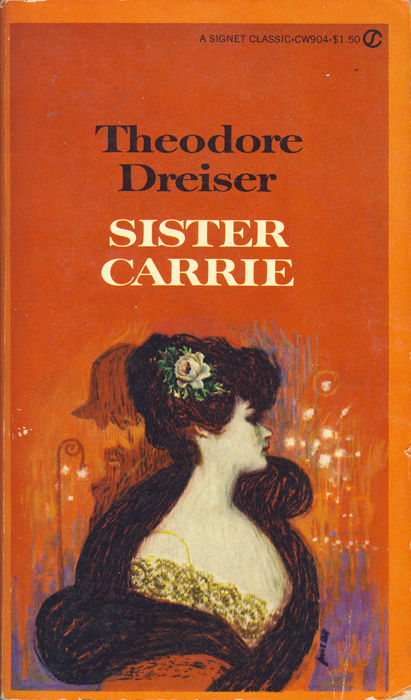 Sister Carrie
Sister Carrie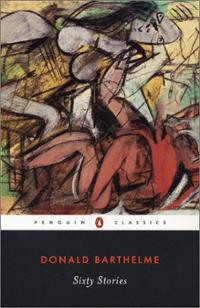
 Slaughterhouse-Five
Slaughterhouse-Five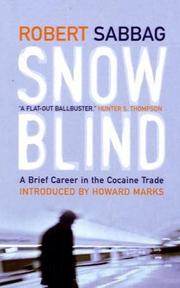
 So Long, See You Tomorrow
So Long, See You Tomorrow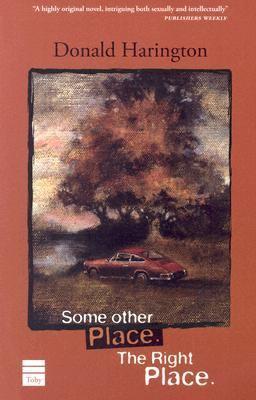
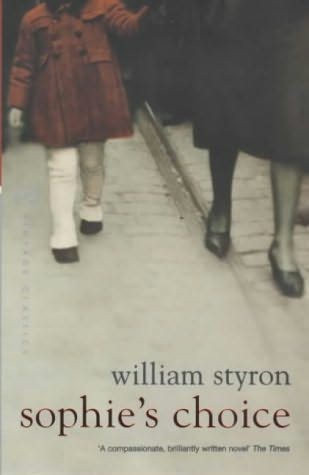 Sophie’s Choice
Sophie’s Choice